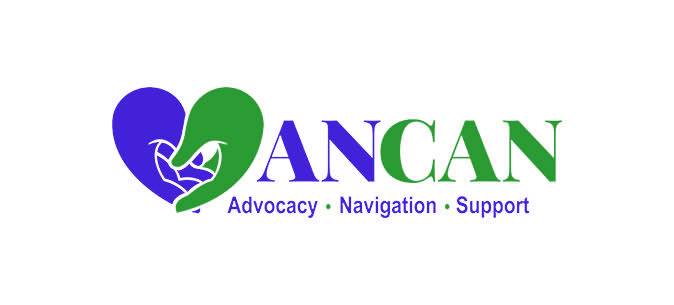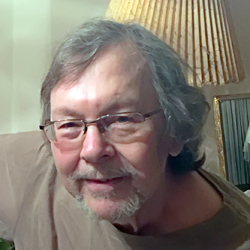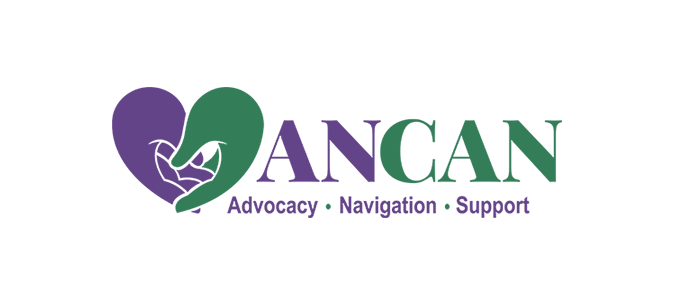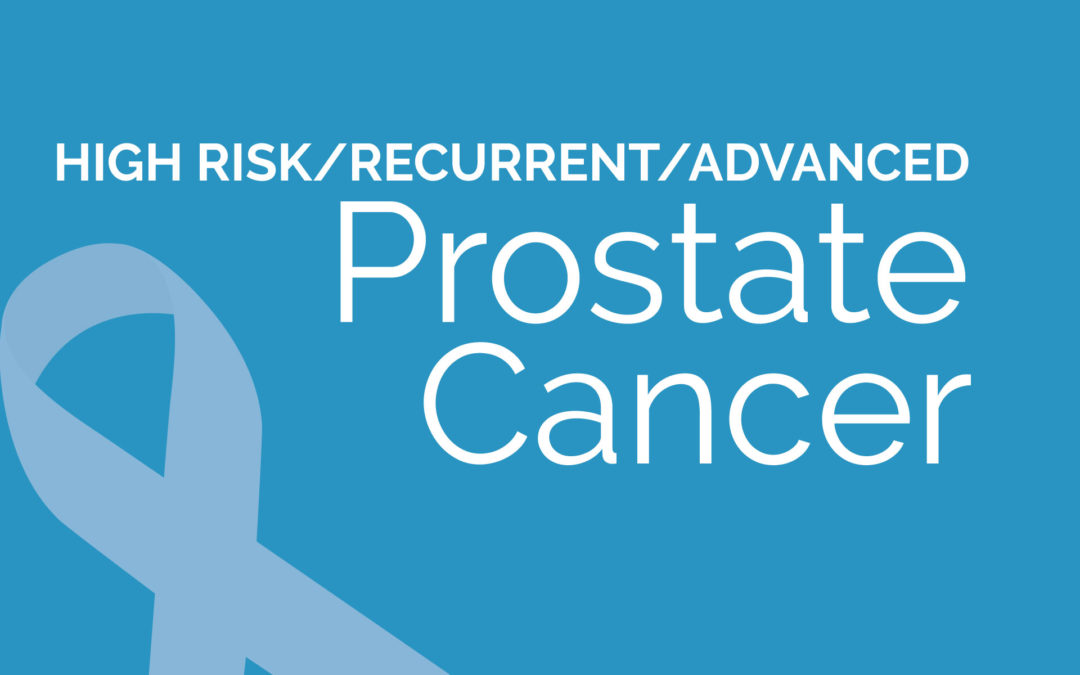
by Jake Hannam | Oct 16, 2019 | Advocacy, Cancer Resources, Health Resources, Men 'Speaking Freely', Uncategorized

Is it possible to know too much? Of course not! That’s a rhetorical question.
Knowledge is always a good thing — almost always, anyway. We accumulate knowledge with each day of life. We learn and gather information from a variety of sources (our parents and teachers, books, educational seminars, friends and coworkers, the media and even — gasp — the Internet). But you already knew that, didn’t you?
Unfortunately, our sources of information aren’t always correct – even if well-meaning. Some information is incomplete while some is just plain wrong. More likely, though, it becomes outdated and obsolete. Technology marches on, sometimes faster than our ability to grasp it. So we must be careful.
Sometimes though, it can be overwhelming and, unfortunately, this can lead to frustration. We can even use it to make bad decisions if we’re not prudent. This is especially true of medical knowledge.
By its very nature, medical information is often complex and obtuse – especially to the Everyday Joe like you and me. Even highly educated physicians and researchers can get overwhelmed. That’s one of the reasons we see so much specialization these days. You wouldn’t go to your dentist to fix your broken leg, would you? Likewise, you wouldn’t want your cardiologist to fix your toothache. At least, I wouldn’t. Sadly, the days of Marcus Welby, M.D. are long gone.
The more complex our medical problem, the more we need a specialist. We can only hope that he or she keeps up with the latest published research. This is where our own knowledge can be priceless. We may not know or understand all the specifics but we can know enough to go in well-armed. At the very least, we’ll know what questions to ask. Online virtual support groups like those offered by AnCan are a good place to start.
So, by all means, read and listen and learn but never assume you know it all. Keep your physician on his toes.
As Sgt. Esterhaus from TV’s Hill Street Blues would say “Hey! Let’s be careful out there.”

by Rick Davis | Jun 27, 2019 | Uncategorized, Cancer Caregivers, Cancer Resources, Health Resources, Recent News
In this line of work, one of the non-pecuniary benefits is meeting remarkable people … like Jamie Aten Ph.D who I blogged about yesterday. Before we go any further, and if you are wondering what the heck ‘non-pecuniary’ means it goes back to my labor economics classes at Chicago with Sam Peltzman. ‘Pecuniary’ means related to money … and patient advocates don’t see much of that. Ironically, a significant for-profit corporate player in the field of patient advocacy whose stated mission is to help advocates find compensation, asked me yesterday to assist them with an online educational program they are compiling. When I asked if it was compensated, their response was no, however I should be satisfied with building my network and my resume from the ensuing publicity ….. OPM, I guess .. ‘other people’s money!’ But I digress ….
Back to remarkable people, especially Dr. B.J.Miller who kindly serves on our Advisory Board and boasts a TED Talk with more than 9 million views at last count! BJ is a palliative care doc at UCSF where I have had the privilege of working with him since around 2012 – I love the guy! For several men I have introduced to BJ, he has been their lifeline. You have to know BJ was a national class varsity rower (should I declare a bias here?) who was recruited by Princeton; as a sophomore, he endured a life changing injury that cost him three limbs! BJ has the remarkable knack of connecting to people challenged with life threatening disease.
BJ Miller and Shoshana Berger are publishing a book mid-July, A Beginner’s Guide to the End, and last Sunday the New York Times printed an opinion piece by them, Don’t Tell Me When I’m Going To Die …. you’ll be relieved when I say that’s the required reading rather than the book, Folks! BJ and Shoshana refer us to a very simple form called a ‘Prognosis Declaration’ developed by a man called Steve Scheier when he was caregiving his terminally ill wife. It puts YOU in charge of what you want your doc to tell you about your survival prognosis …. and if you give it to your medical team IN WRITING, they will need to abide by it. What a simple concept, but perhaps it can change how you live your life!
And my thanks to Len for blogging ‘Here’s Your Prognosis …’ otherwise I would not have noticed BJ’s opinion piece.
Truly onward & upwards!
by Len Sierra | Jun 13, 2019 | Uncategorized, Prostate Cancer, Recent News
In a single institution study at the University of Florida, Gainesville, investigators found that in mCRPC patients, all of whom were pretreated with chemotherapy, there was a 45% rate of pancytopenia which is a clinically significant reduction in the number of white blood cells, red blood cells and platelets. In the clinical trial that led to the approval of Xofigo, the pancytopenia rate was reported as only 2%. Why is this important? Because pancytopenia can disqualify patients from other survival-prolonging therapies they may need after Xofigo. Older age (74 vs 68) and higher ECOG score (1.6 vs 1.2) correlated with increased risk of pancytopenia.
To view the full ASCO abstract, please click here.

by Rick Davis | Jun 9, 2019 | Uncategorized
An old friend, one of the few who I have not come to know through prostate cancer, recently introduced me to a couple of men who are doing some very interesting work in the realm of social ventures. Between them, they have established several efforts including Wacuri, Generocity, and a mind-body healing program that I ‘sampled’ personally last Friday through a virtual meeting. While we are not yet sure how this initial meeting will develop, I feel certain that you will be hearing more about our joint efforts.
AnCan is a firm believer in the role of complementary medicine …… we often speak about the role of exercise, diet and stress relief in our virtual groups. For those unfamiliar with the term, complementary medicine is used alongside Western medicine with the intention of enhancing treatment. It is not meant to be used instead of Western medicine, and may often include protocols employed frequently in Eastern medicine like acupuncture or reiki. AnCan always recommends that you consult your medical team if you decide to employ a complementary practice.
There are several links to articles and webinars on our website to complementary medicine. Check under ‘Nutrition’ on the link – soon to be changed to ‘Complementary Medicine’!
Rick Davis rd@ancan.org
by Len Sierra | May 24, 2019 | Uncategorized
Airbnb and the Cancer Support Community announced a major partnership to help cancer patients get free housing while traveling for treatment. For more details, including income criteria, please follow this link: https://www.cancersupportcommunity.org/airbnb
On hearing of this wonderful program, many generous folks asked if there was a way they could help cancer patients in need. In response, Airbnb is proud to invite you to make a difference and join the Airbnb Open Homes program. We hope you’ll join this special group of hosts who offer medical travelers a short-term home. Open Homes hosts make a major impact on people’s lives. For more information on Open Homes, follow this link: https://www.airbnb.com/openhomes

by Rick Davis | May 15, 2019 | Uncategorized, Prostate Cancer, Recent News, Recorded Groups




